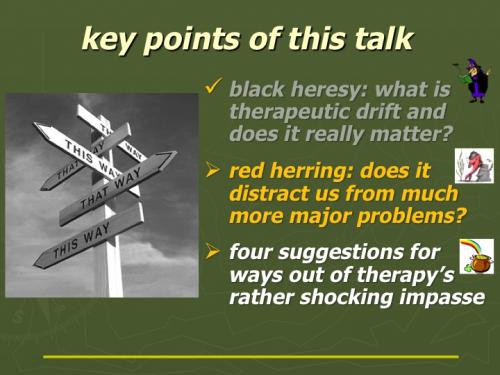Kidney donation: why it's well worth considering
Last updated on 6th February 2023
Note: I actually had the kidney operation in December 2016 but, when initiatlly writing this blog, the hospital asked me to change the dates so it was less likely that the recipient would be able to identify me 'by mistake'. Since I and the dear man who received the kidney ... and who is now very well ... have been in fairly regular contact, it's OK to confirm that the actual donation was in December 2016.

